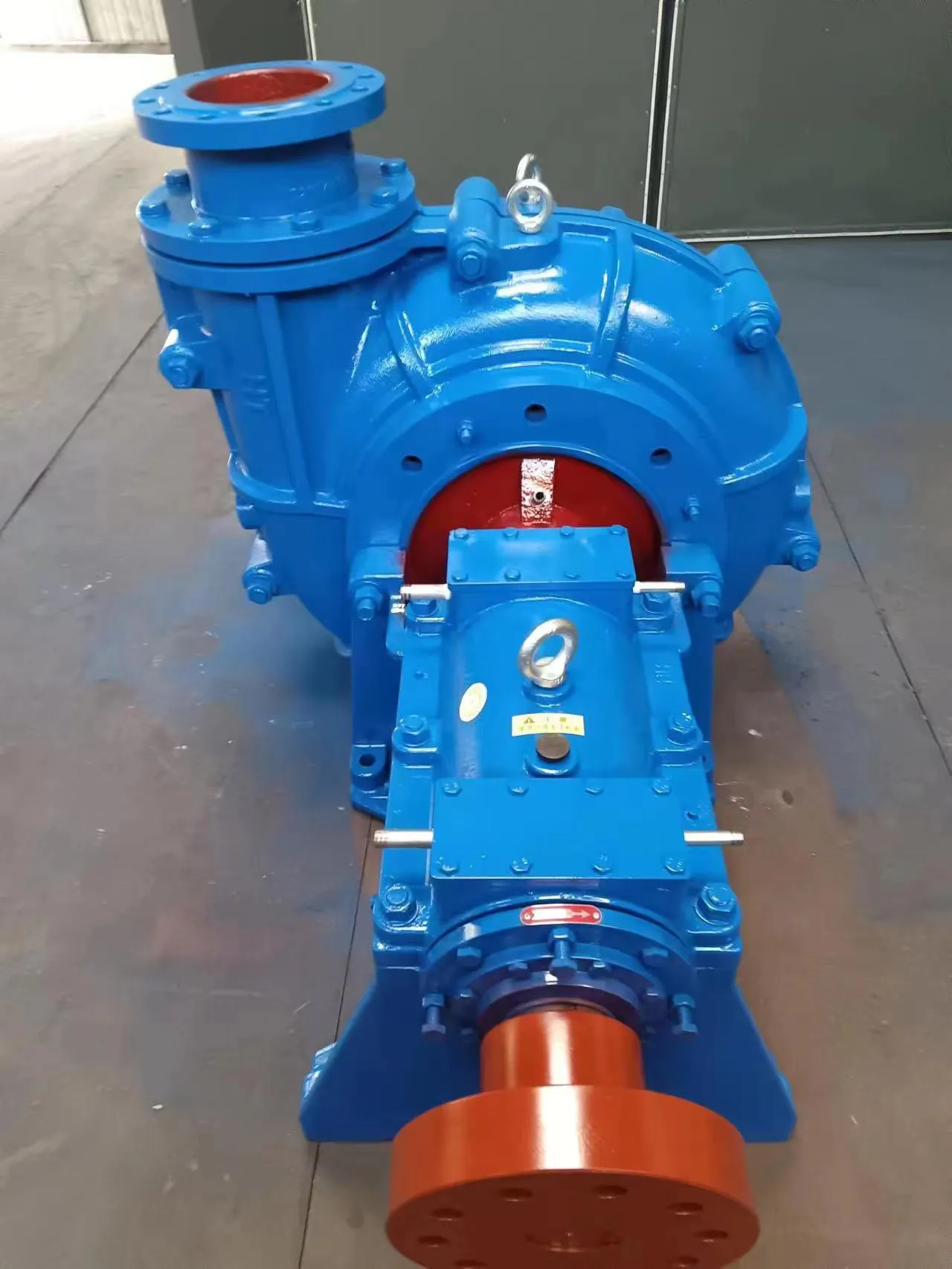English
- Afrikaans
- Albanian
- Amharic
- Arabic
- Armenian
- Azerbaijani
- Basque
- Belarusian
- Bengali
- Bosnian
- Bulgarian
- Catalan
- Cebuano
- Corsican
- Croatian
- Czech
- Danish
- Dutch
- English
- Esperanto
- Estonian
- Finnish
- French
- Frisian
- Galician
- Georgian
- German
- Greek
- Gujarati
- Haitian Creole
- hausa
- hawaiian
- Hebrew
- Hindi
- Miao
- Hungarian
- Icelandic
- igbo
- Indonesian
- irish
- Italian
- Japanese
- Javanese
- Kannada
- kazakh
- Khmer
- Rwandese
- Korean
- Kurdish
- Kyrgyz
- Lao
- Latin
- Latvian
- Lithuanian
- Luxembourgish
- Macedonian
- Malgashi
- Malay
- Malayalam
- Maltese
- Maori
- Marathi
- Mongolian
- Myanmar
- Nepali
- Norwegian
- Norwegian
- Occitan
- Pashto
- Persian
- Polish
- Portuguese
- Punjabi
- Romanian
- Russian
- Samoan
- Scottish Gaelic
- Serbian
- Sesotho
- Shona
- Sindhi
- Sinhala
- Slovak
- Slovenian
- Somali
- Spanish
- Sundanese
- Swahili
- Swedish
- Tagalog
- Tajik
- Tamil
- Tatar
- Telugu
- Thai
- Turkish
- Turkmen
- Ukrainian
- Urdu
- Uighur
- Uzbek
- Vietnamese
- Welsh
- Bantu
- Yiddish
- Yoruba
- Zulu
Telephone: +86 13120555503
Email: frank@cypump.com
Oct . 31, 2024 14:12 Back to list
Understanding the Functionality and Applications of Slurry Pumps in Various Industries
Understanding Slurry Pumps Essential Tools in Industrial Applications
Slurry pumps are specialized pumps designed to handle thick, viscous mixtures of liquids and solids, commonly referred to as slurries. These pumps are crucial in various industries, including mining, construction, and wastewater management, where the transportation of abrasive and corrosive materials is necessary.
The primary function of a slurry pump is to transfer slurry mixtures efficiently from one location to another. Due to the challenging nature of the materials they handle, slurry pumps are built with robust constructions, often utilizing high-chrome iron, rubber, or polyurethane materials. These components ensure durability and resistance to wear, which is essential given the abrasive nature of slurries that can wear down standard pumps.
One of the key features of slurry pumps is their ability to operate effectively in demanding environments. They are typically designed with larger inlet and outlet diameters compared to standard pumps, allowing for the easier passage of solids. This characteristic makes them particularly valuable in mining operations, where they are used to transport ore slurries from the processing plant to a storage site or further down the processing line.
slurry pump

Moreover, slurry pumps come in various designs, including centrifugal and positive displacement types
. Centrifugal slurry pumps are most common due to their efficiency in handling large volumes of slurry at lower pressures. On the other hand, positive displacement pumps are more suited for applications requiring high-pressure output but may be less efficient in cutting through highly viscous materials.In addition to their construction and design, the selection of slurry pumps involves considering factors such as the specific gravity of the slurry, the size of the solids, and the pump’s flow rate. These parameters affect the pump's overall performance and ensure that it meets the demands of the specific application.
Regular maintenance of slurry pumps is critical to their longevity and efficiency. This includes routine inspections, replacement of wearing parts, and proper lubrication. Failure to maintain these pumps can lead to reduced performance, increased downtime, and costly repairs.
In conclusion, slurry pumps are indispensable tools in industries dealing with liquid-solid mixtures. Their robust construction, specialized design, and maintenance requirements make them uniquely capable of handling the toughest pumping challenges. As industries continue to evolve, advancements in slurry pump technology will further enhance their efficiency and effectiveness, solidifying their role in modern industrial processes.
-
ISG Series Vertical Pipeline Pump - Chi Yuan Pumps Co., LTD.|Advanced Hydraulic Design&Energy-Efficient Solutions
NewsJul.30,2025
-
ISG Series Vertical Pipeline Pump - Chi Yuan Pumps Co., LTD.
NewsJul.30,2025
-
ISG Series Vertical Pipeline Pump - Chi Yuan Pumps Co., LTD.|energy-efficient fluid handling&industrial durability
NewsJul.30,2025
-
ISG Series Vertical Pipeline Pump - Chi Yuan Pumps | Advanced Engineering&Industrial Efficiency
NewsJul.30,2025
-
ISG Series Pipeline Pump - Chi Yuan Pumps | High Efficiency, Energy Saving
NewsJul.30,2025
-
ISG Series Vertical Pipeline Pump-Chi Yuan Pumps|High Efficiency&Reliable Performance
NewsJul.29,2025










